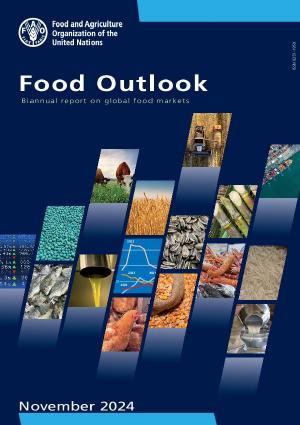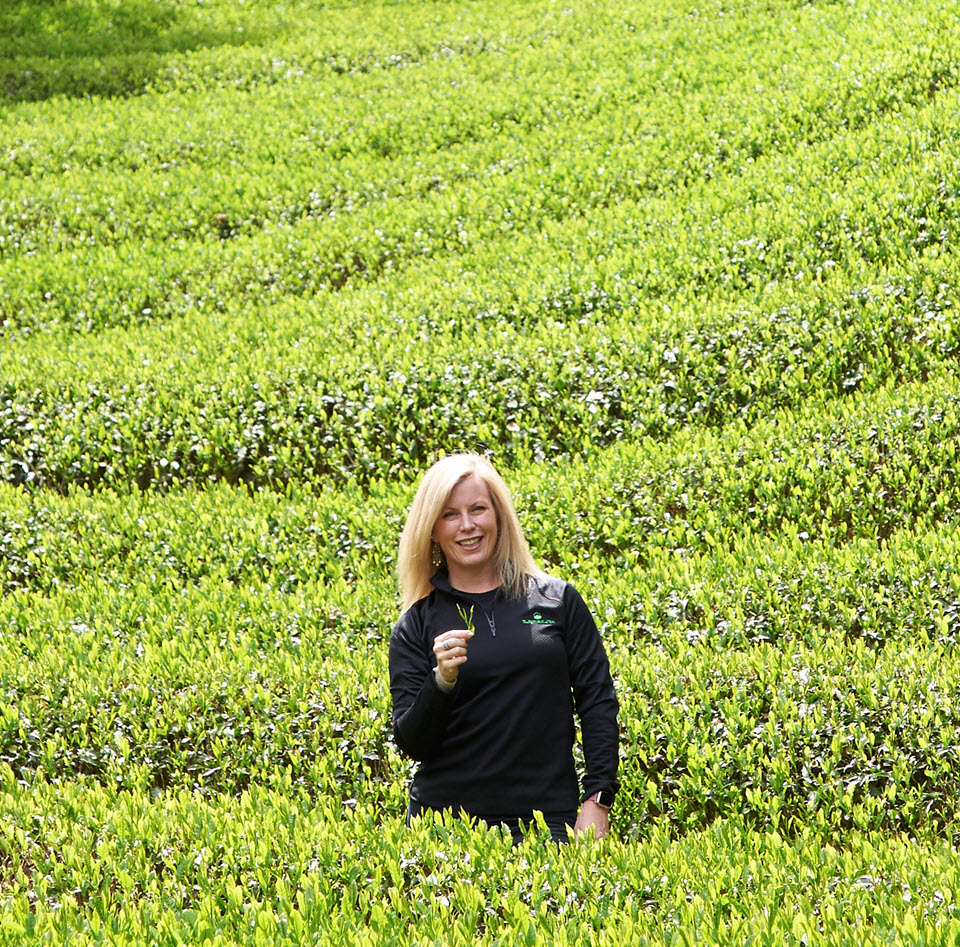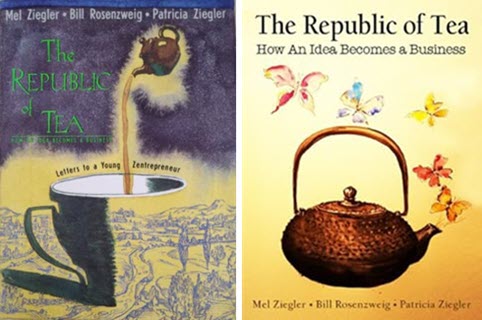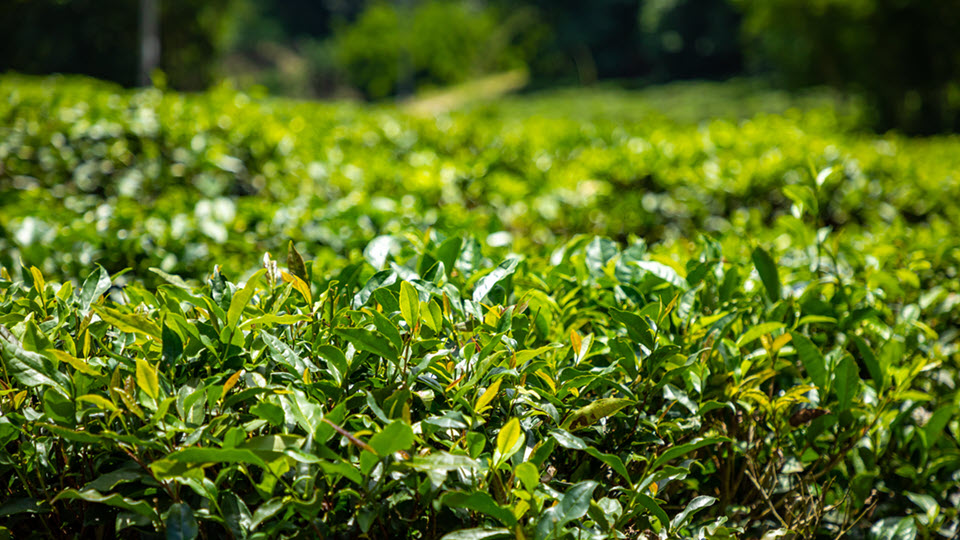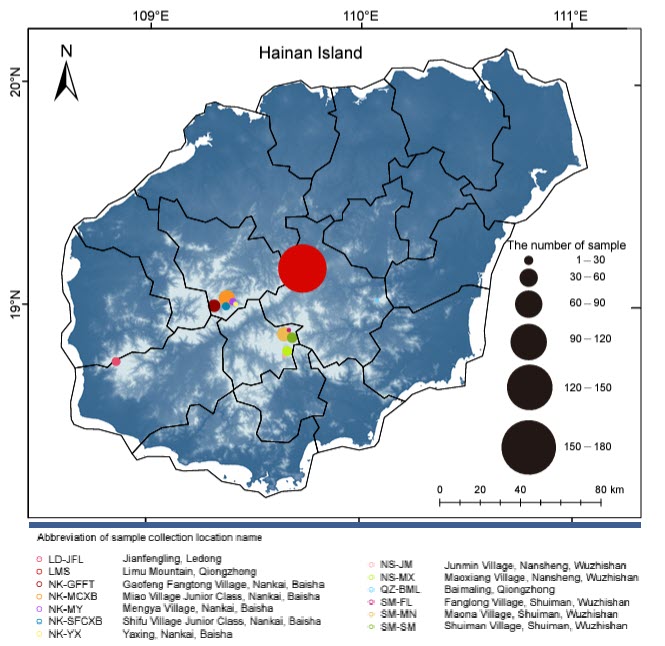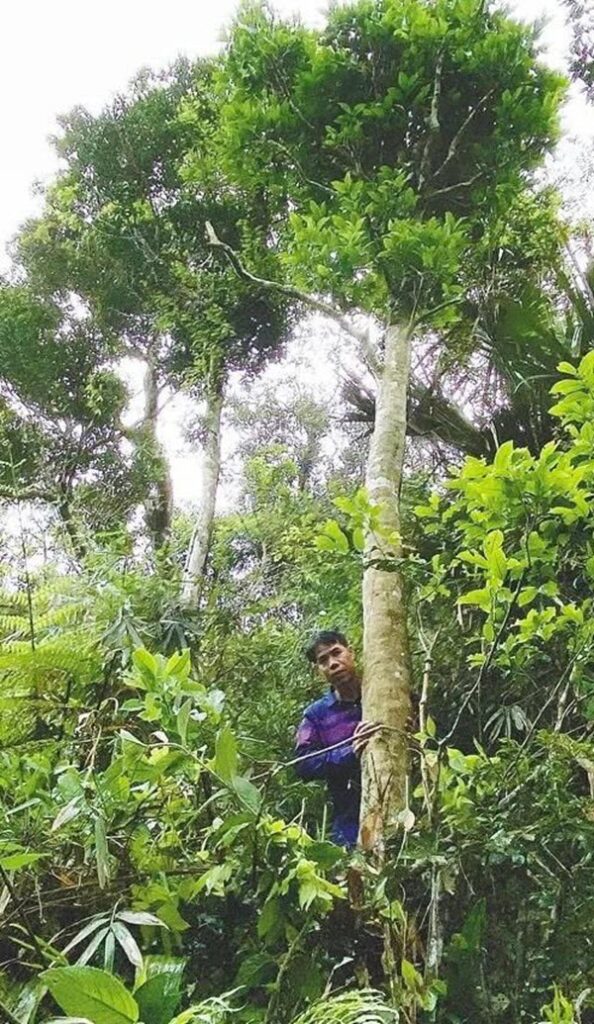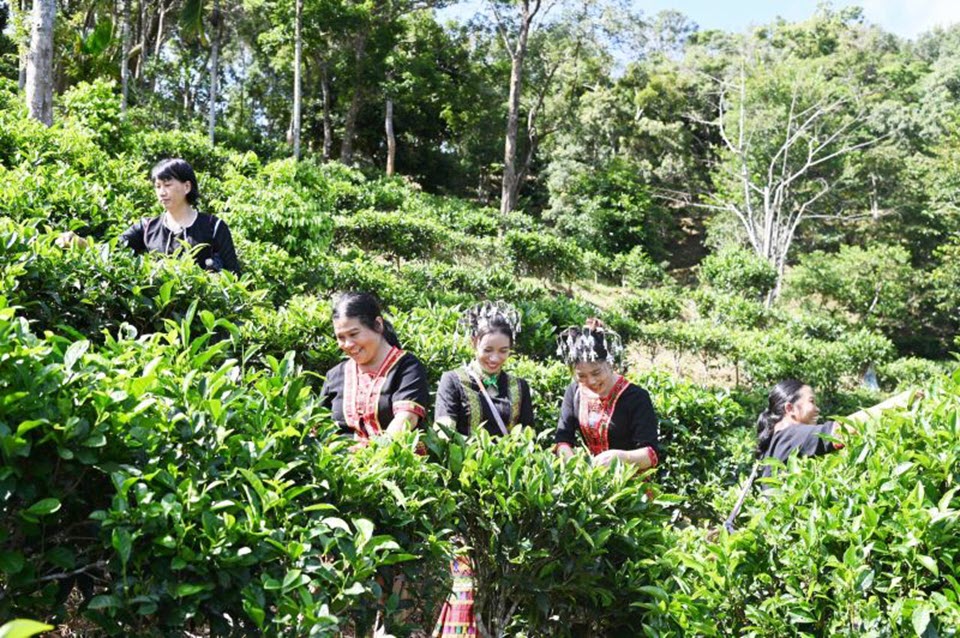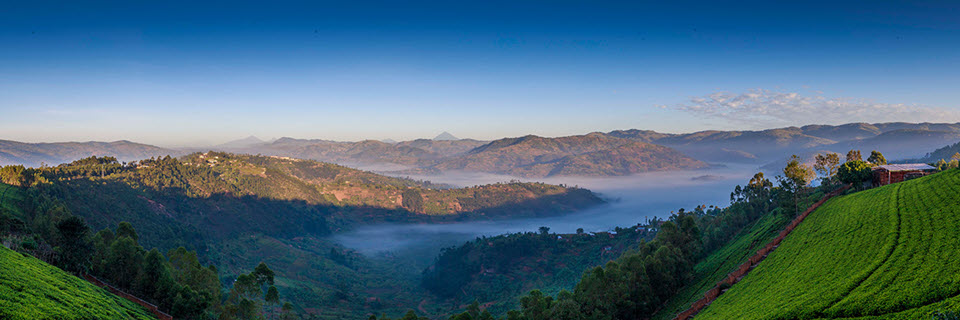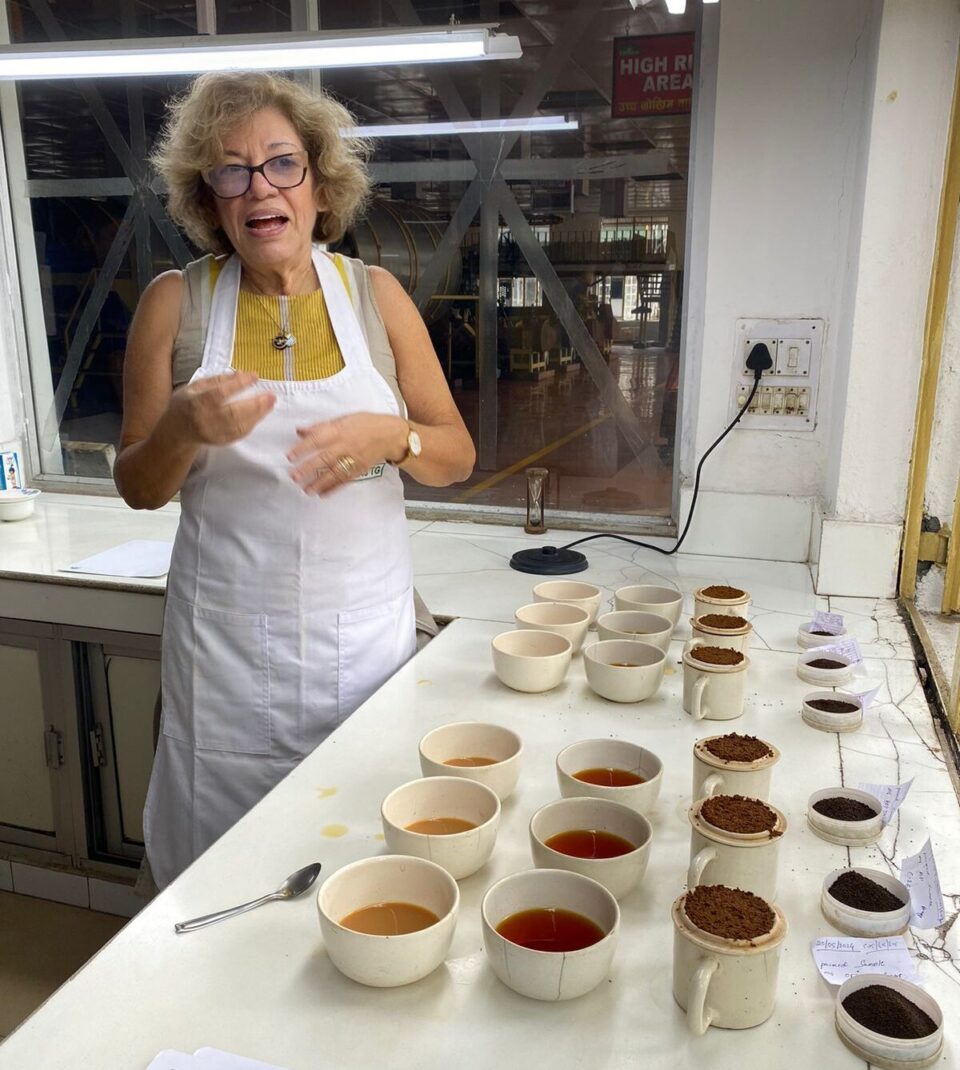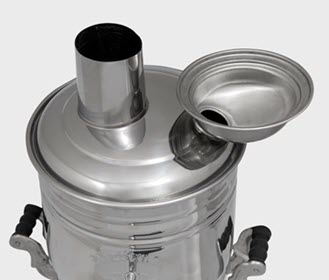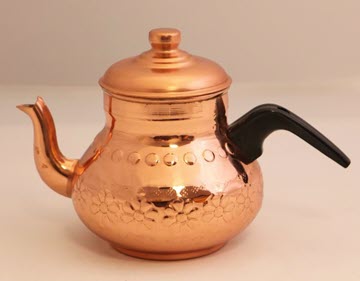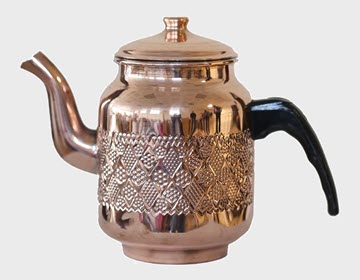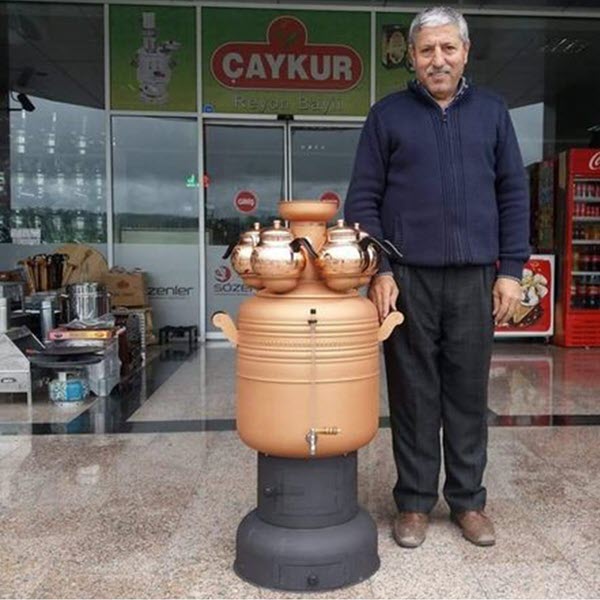Episode 194
US Climate Commitment Questioned at COP29 | Argentina’s Tea Harvest is Off to a Good Start | FAO Food Outlook Reveals Rising Coffee and Tea Prices | PLUS | Kurush Bharucha is among the foremost tea tasters in the world and a brilliant teacher. He shares his tasting insights in the latest Tea Journey Taster’s Profile. Read more…
Tea News for the week ending 15 November 2024
Powered by RedCircle
India Tea News
Tea News
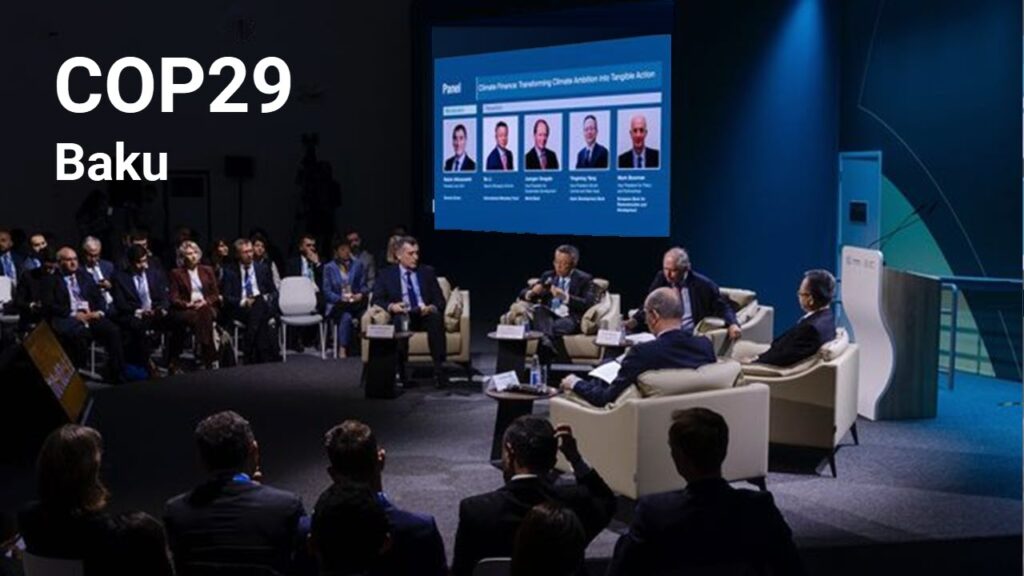
US Climate Commitment Questioned at COP29
By Dan Bolton
US plans to withdraw from the 2015 Paris Agreement were viewed as a setback this week as delegates assembled in Baku, Azerbaijan, to attend COP29.
The annual gathering sponsored by the United Nations seeks to coordinate efforts to reduce global warming due to greenhouse gas emissions. The world is on track to once again set a record as the hottest on Earth in modern times. For the first time, average temperatures will exceed 1.5 degrees Celsius of warming compared to pre-industrial times.
According to the New York Times, scientists say nations must cut emissions by 40% by the end of this decade. Instead, global greenhouse gas emissions soared to a record 57 gigatons last year.
Continued…
“The consequences of that warming are being felt on every continent,” writes the Times, citing torrential rain in Brazil, flash floods in Spain, hurricanes in the US, and expansive wildfires.
Financial aid for developing nations, many of which grow tea, is a focus of the talks attended by world leaders, green market investors, and climate scientists.
On the eve of the event, more than 650 investors with $33 trillion in assets worldwide urged governments to enact policies to prevent temperatures from reaching catastrophic levels.
The US helped design the agreement under President Barack Obama. President-elect Donald Trump withdrew from the agreement during his first term, a decision reversed by President Biden in 2020.
Almost every country now has a plan to draw down emissions. The US is pumping at least $390 billion into wind, solar, and other clean energy manufacturing. The automotive industry has transitioned to electric vehicles and hybrids. Nuclear power generation is gaining renewed acceptance. During the last gathering, nearly every country, including the United States, pledged to transition from fossil fuels.
The Paris Agreement is a pact stating that nations of all levels of wealth share responsibility for causing climate change. Individual countries set emissions targets. Targets are not legally binding, and there are no penalties for failure to meet goals. In 2017, no country followed the US withdrawal from the agreement, and none have indicated they will do so in 2025 when Trump takes office. Withdrawal requires one year’s notice, meaning the US exit will not be official until 2026.
Scientists say temperatures that trigger extreme weather will only stop if emissions decline. Beyond that threshold, the world risks a significant increase in drought, heat waves, wildfires, and erratic rain, all of which have an outsized impact on tea.
BIZ INSIGHT – Exceeding the 1.5 degree Celsius (2.7 degrees Fahrenheit) warming threshold for a single year differs from the goal adopted in the 2015 Paris Agreement. That goal was to cap warming at 1.5 degrees Celsius on average over 20 or 30 years to stave off the worst effects of climate change on humanity, including extreme weather. This year, A United Nations report said that since the mid-1800s, the world has already heated 1.3 degrees Celsius (2.3 degrees Fahrenheit) on average.
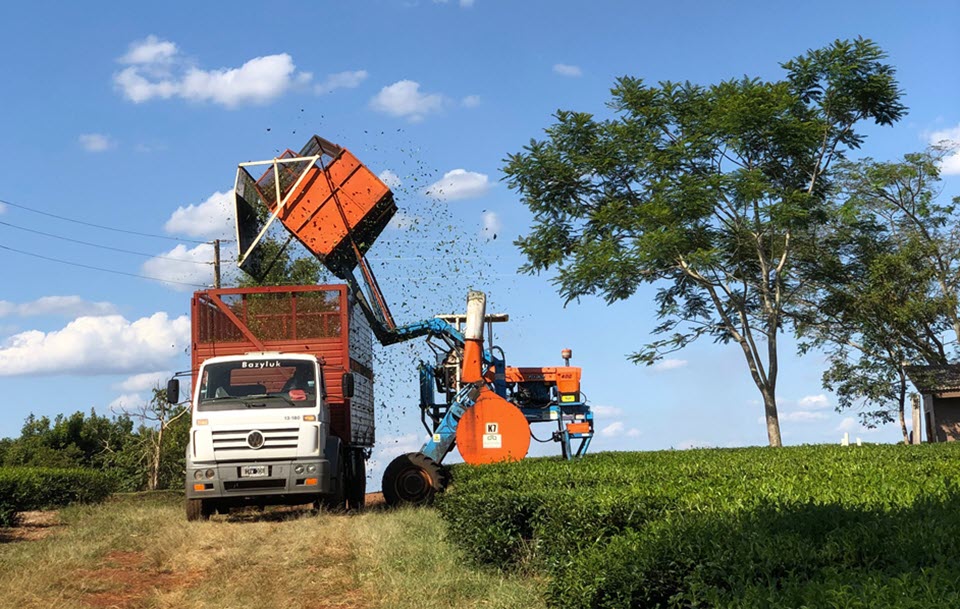
Argentina’s Tea Harvest is Off to a Good Start
By Dan Bolton
Automated harvesters and favorable terrain enable Argentina to supply about half of the black tea consumed in the US. The country has optimized production by adopting vegetative propagation using cultivars with yields as high as 2,500 kilos per hectare. For decades, the harvest averaged 70,000 to 90,000 metric tons annually. However, demand is declining as consumers drink less and less flavored, sweetened iced tea. Last year, Argentina exported only 50,000 metric tons.
Export revenue fell to $58.5 million last year, down 10.6%. Growers shut down production mid-season after fulfilling their contracts.
Now, Argentina needs to find new export markets to maintain previous volumes. The domestic market is limited as citizens favor yerba mate by a wide margin, consuming 5.9 kilos per capita annually compared to 250 grams of mainly black tea.
Sales and traffic manager Pedro Newell at Don Basilio SRL explains that long-term relationships with buyers enable producers to balance supply and demand accurately. He said, “Argentina tea producers have had good production for years. It was only last year that we had to finish harvesting before the season ended and only after we produced what was contracted.”
Don Basilio, owned by the Okulovich family, is a tea and yerba mate plantation with a history that dates to 1935. There is plenty of capacity to expand production, says Newell. “As long as the U.S. continues to demand iced tea, Argentina will remain a key supplier, drawing on decades of expertise and production capacity to meet this market’s needs. We are not prepared to move away from a market that, although no longer growing, still represents our highest volume demand,” he said. “At the same time, we are open to exploring new markets and co-developing products tailored to specific requirements,” he said.
He explains that the company is exploring new export partners. Expanding into markets like the European Union presents particular challenges, as compliance with their strict PA regulations significantly raises our production costs.” Ensuring compliance requires manual field cleansing, involving teams of 50 to 70 people manually removing weeds across plantations, he said. Don Basilio supplies tea for iced tea blends to Unilever/Ekaterra.
Chile is a big consumer of black tea, importing $50 to $75 million annually in the past three years. In 2021, Chile imported $7 million worth of Argentine tea, about 10% of the $63 million Chileans spent on tea imports that year. In contrast, Chile imported 74% of its yerba mate from Argentina last year.
BIZ INSIGHT- Argentina is a compelling example of how origins that conform to the demands of destination markets can shape their supply chains to prosper in every conceivable way—until the market does an about-face.
FAO Food Outlook Shows Rising Coffee and Tea Prices
Prices of commodity beverages, including cocoa, coffee, and tea, boosted the global import food bill to more than $2 trillion, according to the Food and Agriculture Organization of the United Nations (FAO).
FAO’s Food Outlook November 2024 report indicates that import expenditures on cocoa, coffee, and tea are anticipated to increase by 22.9% this year, accounting for more than half of the $2 trillion overall increase in value terms.
“That reflects soaring international prices for these commodities due mostly to weather conditions and logistics issues. Cocoa prices reached almost four times their ten-year average earlier this year, those for coffee nearly doubled, and those for tea rose 15% above their usual long-term levels,” according to FAO.
The Economist Intelligence Unit Tea Forecast projects black tea prices will average $2.83 per kilo in 2024, up from $2.74 in 2023. The World Bank reports the October 2024 average price for tea globally (which includes both black and green tea) was $2.31 per kilo.
Food expenses were also buoyed by higher import costs for fruits and vegetables, according to FAO Food Outlook, released Nov. 14.
Meanwhile, declining import bills for cereals and oilseeds offer relief to lower-income countries. High-income countries account for two-thirds of the global food import bill and will face a 4.4% increase in 2024, while the bills for upper-middle-income, lower-middle-income, and low-income countries are likely to contract.
FAO’s latest forecasts point to favorable output outlooks across most basic foodstuffs, although global production systems remain vulnerable to risks from extreme weather events, rising geopolitical tensions, and policy changes. These could tip delicate demand-supply balances and dampen prospects for international trade in food commodities and global food security.
The FAO’s biannual publication offers updated forecasts for major food staples’ production, trade, utilization, and stocks and explores topical themes. The latest issue features an analysis of fertilizers, noting sharp drops in quotations for nitrogen products, which closely track natural gas prices and potassium fertilizers. However, phosphate fertilizers have not displayed a broader decline due in part to ongoing trade barriers. Overall, in September 2024, a basket of nitrogen, phosphorous, and potassium price series had declined by more than 50% since their April 2022 peak.
Download the 75-page publication here.
FEATURE
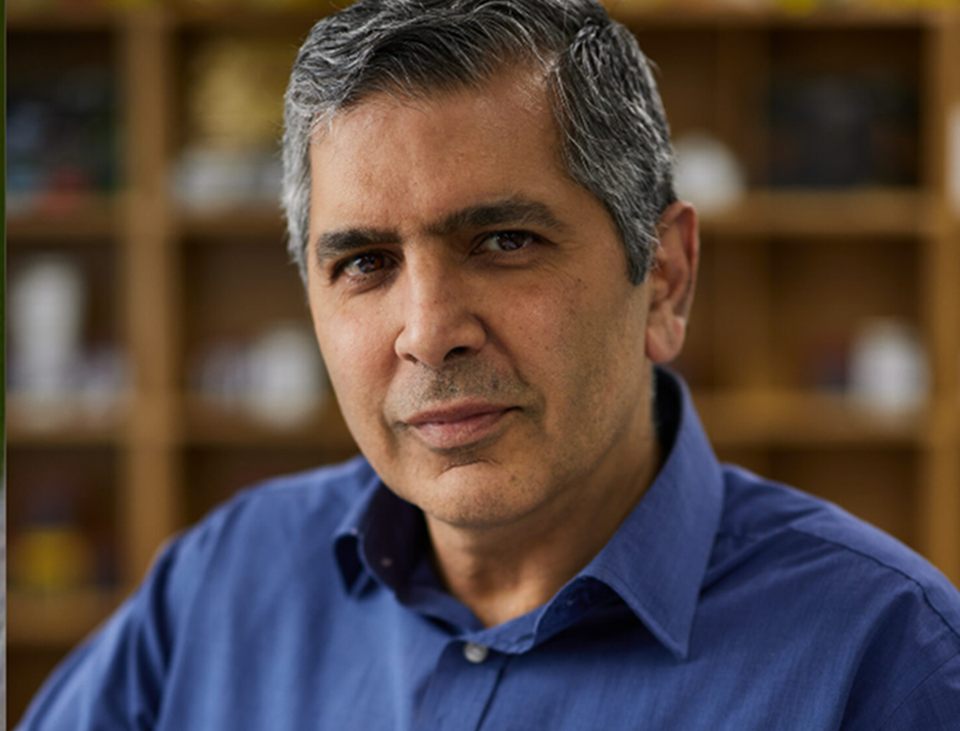
Tasting Insights with Kurush Bharucha
By Aravinda Anantharaman
Kurush Bharucha is among the foremost tea tasters in the world and a brilliant teacher. As a student of his craft, he has always followed the mantra, ‘Practice makes perfect, so perfect your practice’ – which describes his apprentice days when he tasted up to 1,000 cups of tea daily. His expertise, over four decades, extends well beyond the ability to discern quality tea. Seeing synergies across all links in the beverage chain has enabled him to develop a sharp and holistic appreciation of ground realities, constantly pushing boundaries and “asking the right questions to constructively challenge the status quo.” As the former head of global tea expertise at Lipton Tea & Infusions, our guest today is in demand as an advisor, educator, and judge of tea competitions. Read more…
Listen to the Interview
Powered by RedCircle
Sharing is Caring
US Climate Commitment Questioned at COP29 | Argentina’s Tea Harvest is Off to a Good Start | FAO Food Outlook Reveals Rising Coffee and Tea Prices | PLUS | Kurush Bharucha is among the foremost tea tasters in the world and a brilliant teacher. He shares his tasting insights in the latest Tea Journey Taster’s Profile. | Episode 194 | 15 November 2024
Sign up to receive Tea Biz weekly in your inbox.

